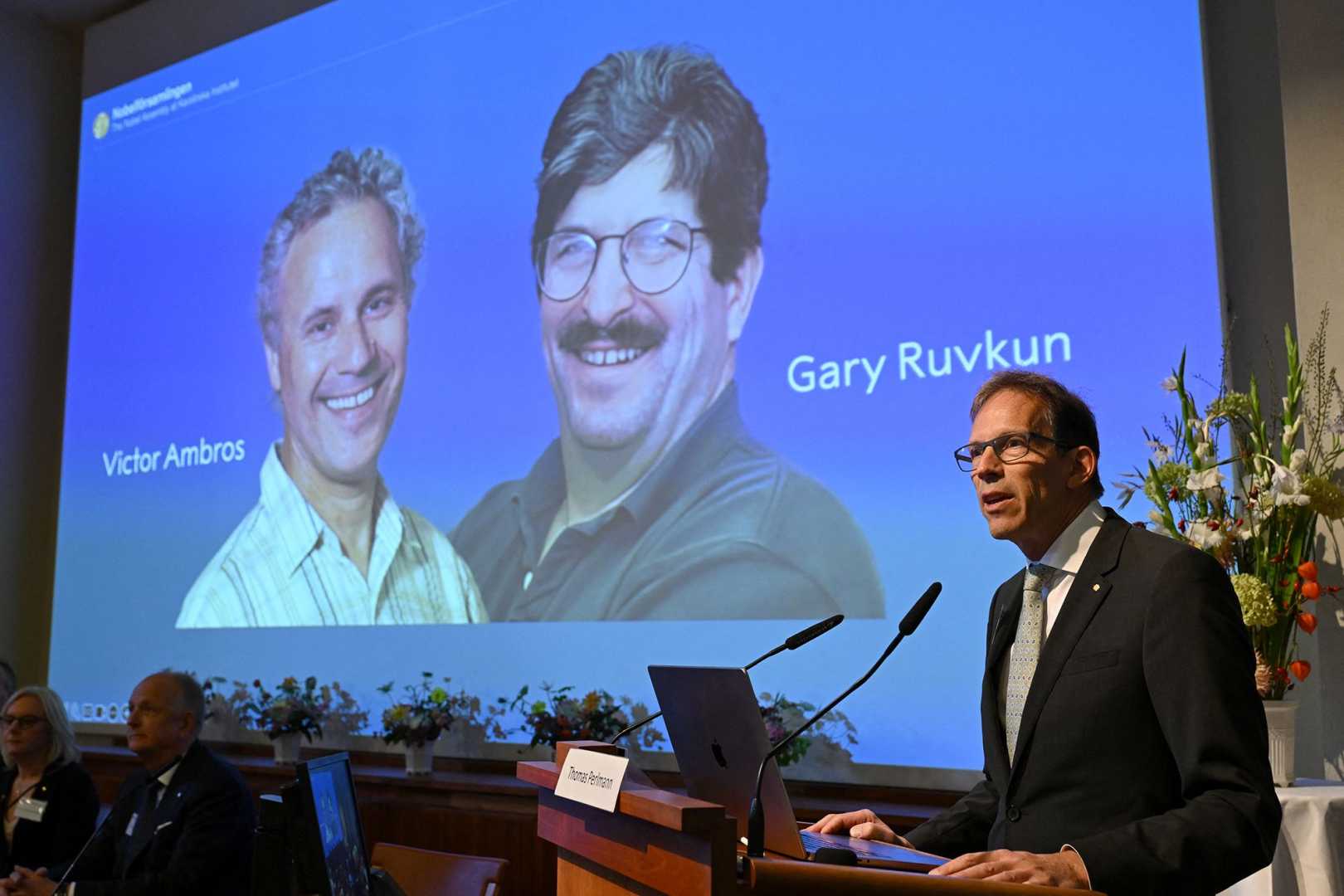News
Victor Ambros and Gary Ruvkun Recognized with 2024 Nobel Prize for Discovery of MicroRNA

The 2024 Nobel Prize in Physiology or Medicine has been awarded to two eminent scientists, Victor Ambros and Gary Ruvkun, for their groundbreaking work on microRNA and its significant role in post-transcriptional gene regulation. This prestigious honor highlights their pioneering research into tiny RNA molecules that help cells determine the proteins they produce.
Victor Ambros, affiliated with the University of Massachusetts Medical School, and Gary Ruvkun, associated with Harvard Medical School and Massachusetts General Hospital, were jointly awarded the prize, announced by the Nobel Assembly at the Karolinska Institute in Stockholm, Sweden. The two will equally share a monetary reward of 11 million Swedish kronor, which is approximately £810,000.
Their research has provided critical understanding into how cells with identical DNA can produce distinct proteins and exhibit varied characteristics, such as nerve cells and muscle cells, which are specialized for different functions. “The seminal discovery of microRNA has introduced a new and unexpected mechanism of gene regulation,” stated Olle Kämpe, vice-chair of the Nobel Committee for Physiology or Medicine. He emphasized the role of microRNAs in understanding embryological development, cell physiology, and diseases like cancer.
Within the cell nucleus, genetic information is stored as DNA, a double-stranded molecule. To synthesize proteins, a segment of DNA is transcribed into messenger RNA (mRNA), a single-stranded molecule carrying instructions to cellular protein-making machinery. Previously, scientists believed that proteins known as transcription factors solely governed which genes were transcribed into mRNA.
However, Ambros and Ruvkun’s work with the roundworm C. elegans revealed an additional mechanism. Their discoveries showed that microRNAs, small RNA segments, could bind to mRNA directly, thereby inhibiting the translation of these instructions into proteins. Initially, these microRNAs were thought peculiar to C. elegans, but subsequent research has identified over a thousand different microRNAs in humans, furthering the understanding of their regulatory capacity.
“Every microRNA regulates several mRNAs, and each mRNA is often regulated by multiple microRNAs, forming a robust system for gene regulation,” Kämpe explained. This intricate regulation aids in managing gene expression in various cell types.
Ambros and Ruvkun’s professional paths have crossed before as both conducted postdoctoral research in the laboratory of Robert Horvitz, a Nobel laureate in 2002. Professor Venki Ramakrishnan, who won the Nobel Prize in Chemistry in 2009, lauded the recognition. “This is a very well-deserved and long-awaited prize that acknowledges the regulatory role of small RNAs in gene expression,” Ramakrishnan commented. Nonetheless, he expressed disappointment that David Baulcombe, who identified a similar phenomenon in plants and shared the 2008 Lasker Award with Ambros and Ruvkun, was not included.
The announcement process involved contacting the laureates, as described by Thomas Perlmann, Secretary General of the Nobel Assembly. Perlmann noted reaching Ruvkun at home, whereupon the scientist’s initial grogginess quickly turned to excitement upon realizing the news. Contact with Ambros was still pending at the time of reporting.
The 2024 Nobel Prize announcements continue with the Physics Prize scheduled for Tuesday, followed by the Chemistry Prize on Wednesday, continuing the annual tradition of recognizing outstanding scientific achievements.












